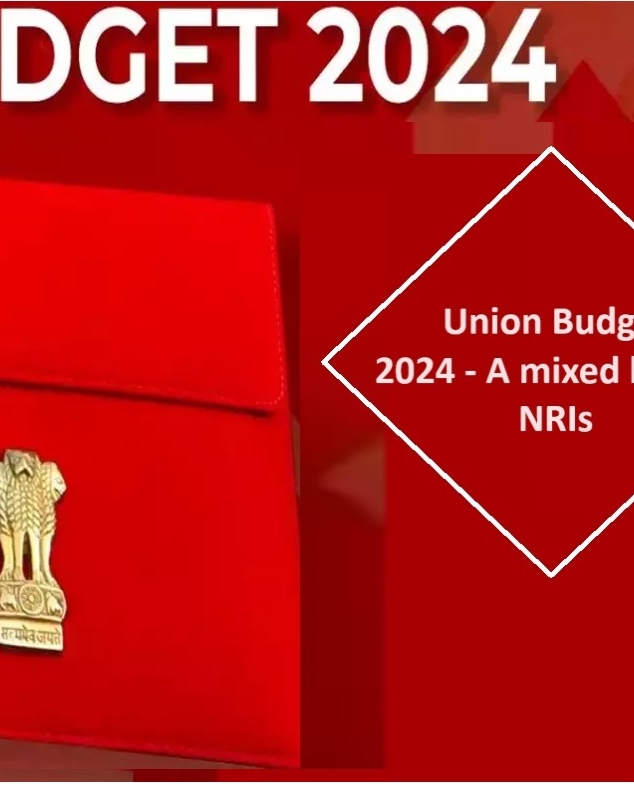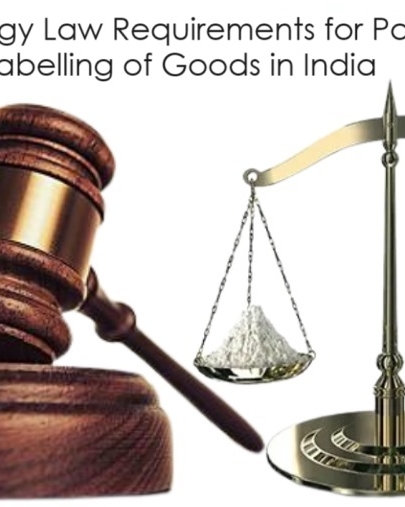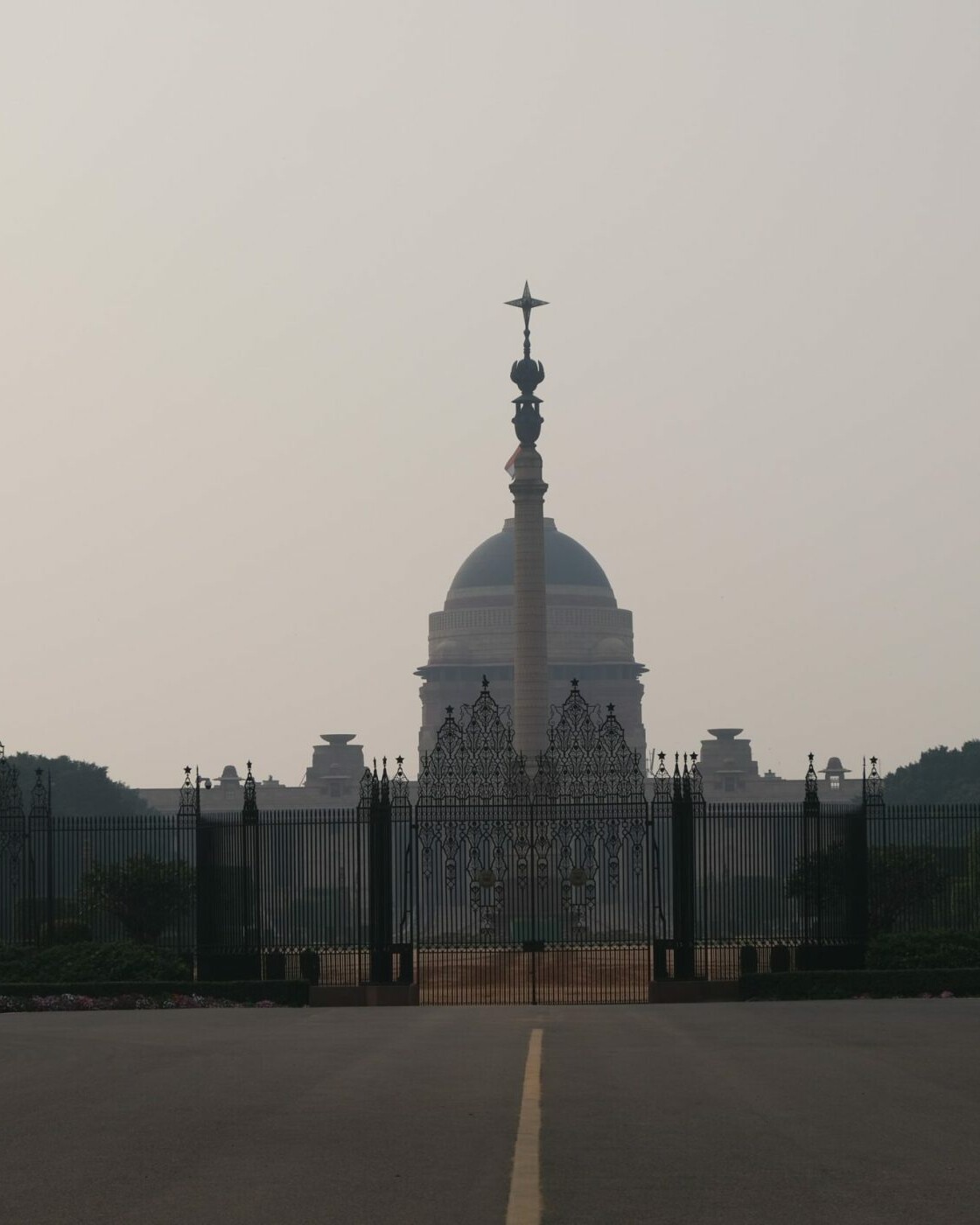The Right to Property under the Constitution extends to Non-Citizens too
Author: Overseas Indian Desk, at ZEUS Law
While deciding the status of exemption of an ‘Enemy property’ under the Enemy Property Act, 1968, from the municipal laws, the Division Bench of the Hon’ble Supreme Court of India commented on the definitions of ‘people’ and ‘property’ under Article 300A of the Constitution of India. Article 300A of the Constitution of India reads as follows:
“300A. Persons not to be deprived of property save by authority of law.— No person shall be deprived of his property save by authority of law.”
Hon’ble Supreme Court analyzed the Enemy Property Act, 1968 and laid down that the same has been legislated by the Parliament to have uniformity while dealing, managing, and protecting all the properties including the enemy property, under the said Act. While discussing the act and extending the scope of ‘property’, the Division Bench of the Apex Court took into the picture Article 300A of the Constitution and observed that:
“The expression person in Article 300-A covers not only a legal or juristic person but also a person who is not a citizen of India. The expression property is also of wide scope and includes not only tangible or intangible property but also all rights, title, and interest in a property”
This expression was extended while explaining that the word person used in the Article has a very broad scope and is not restricted to the citizens of the country. The Apex Court conveying the concerns of ownership of a property (tangible or intangible), took the example of a property in possession of a custodian, transferred to him by an enemy. It was held that when such property is owned and managed by a custodian, then such deprivation of the property needs to be compensated by the Union as deprivation of the property from the true owner (who may be an enemy to the country) holds the true ownership. If such a land is taken into the administration of the Union, then the proceeds of such property should be compensated to the person.
The right to property was earlier enumerated as a fundamental right in the Constitution of India, but the same was amended and was made a Constitutional right. While being offered as a constitutional right, the Parliament has extended the scope of the Article, while opening the interpretation of words ‘person’ and ‘property’. The Apex Court in ‘Lucknow Nagar Nigam and Others vs. Kohli Brothers Colour Lab. Private Limited and Others’ has made it clear that as a matter of right under Article 300A of the Constitution, any person, being a citizen as well as a non-citizen, can hold a property in India.
****






















